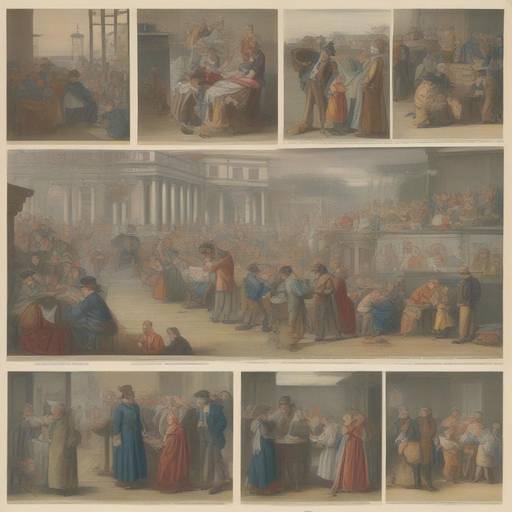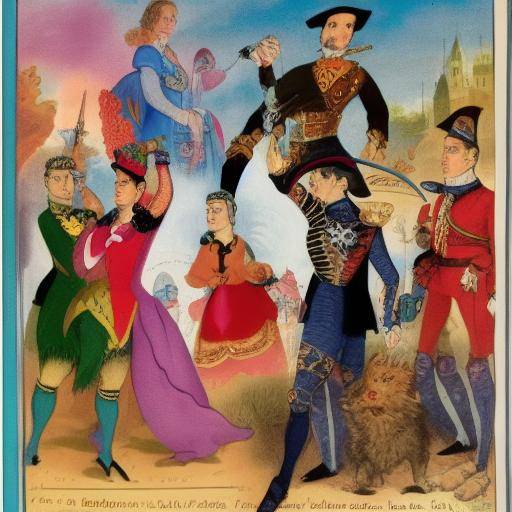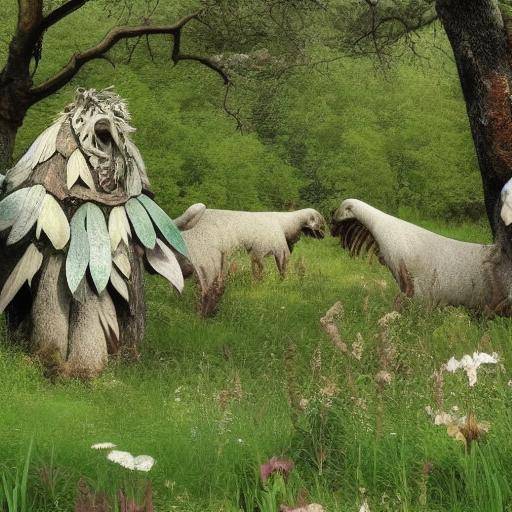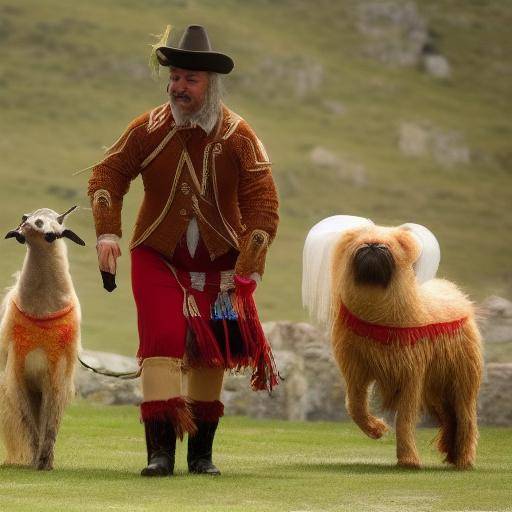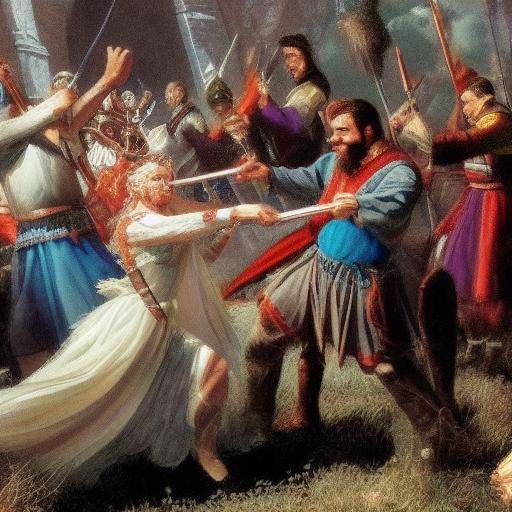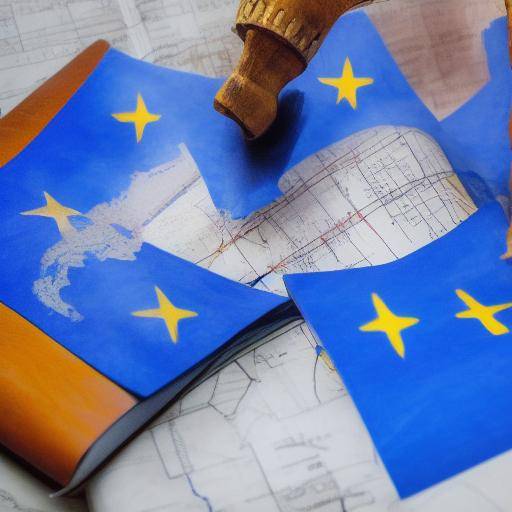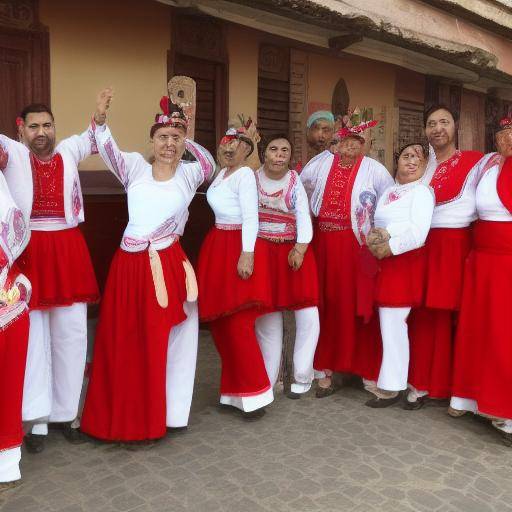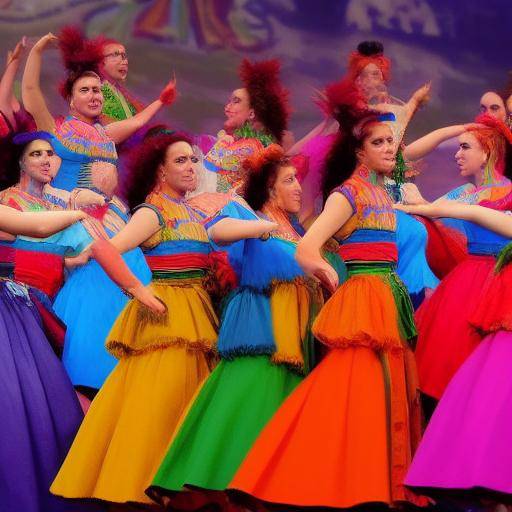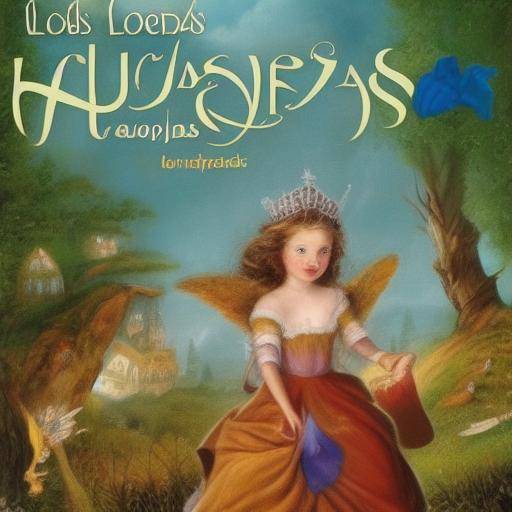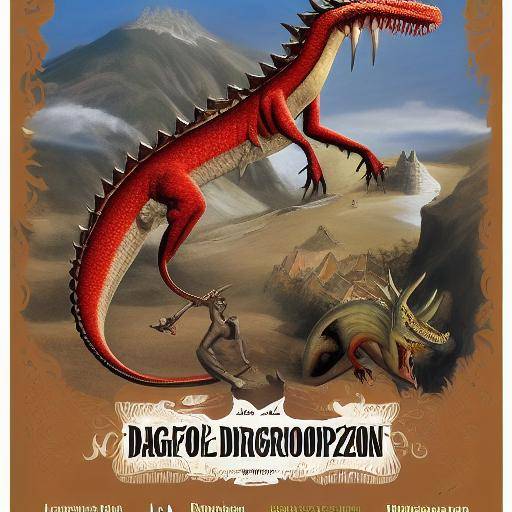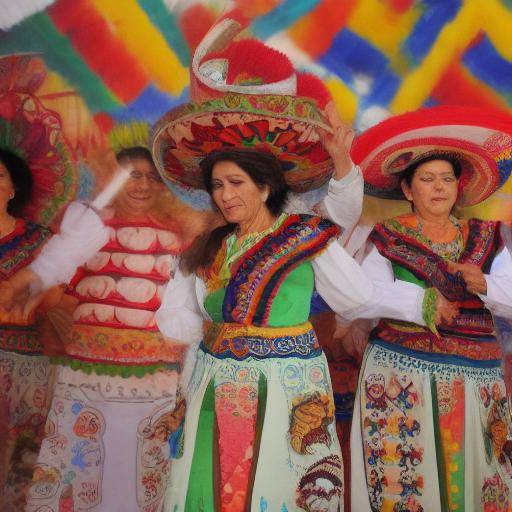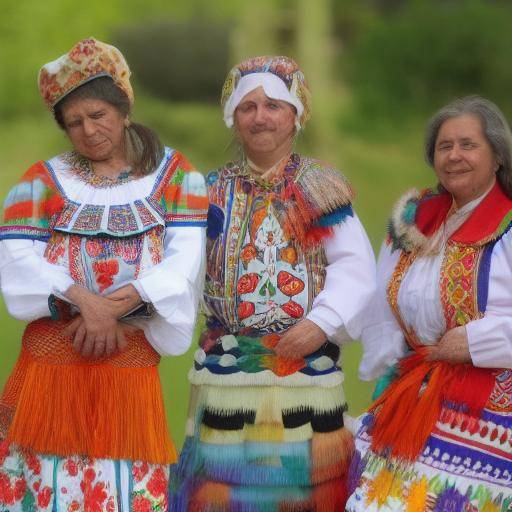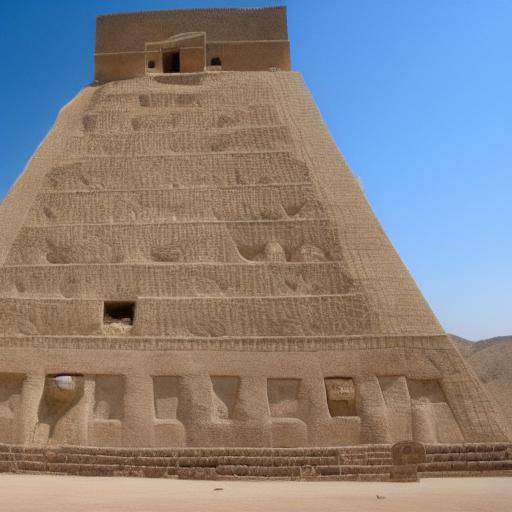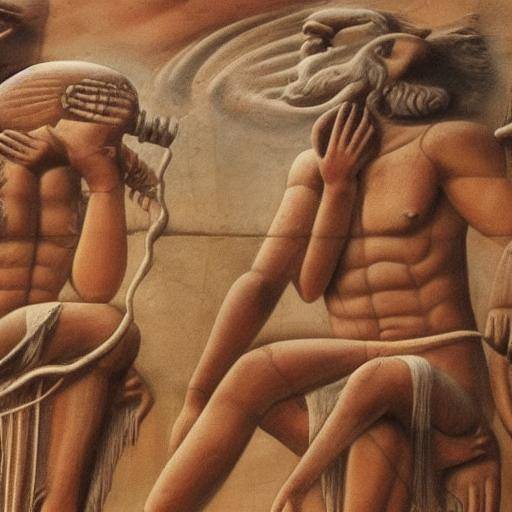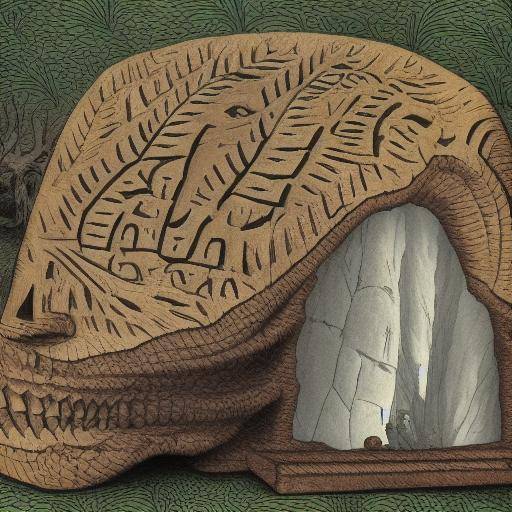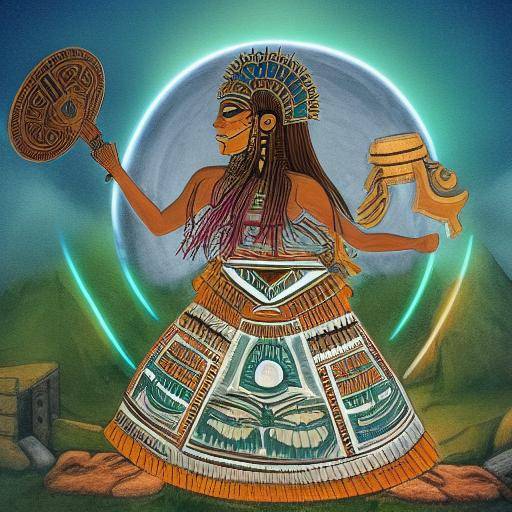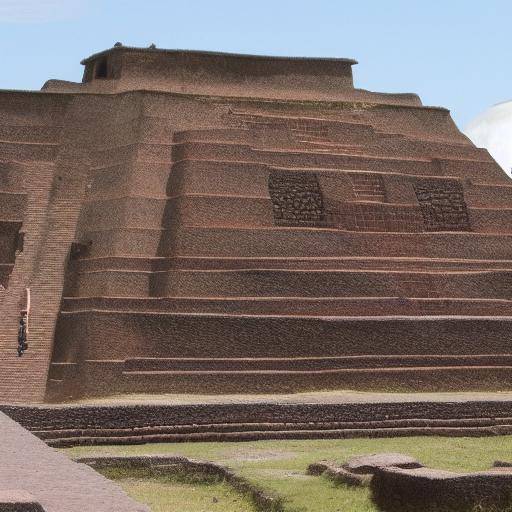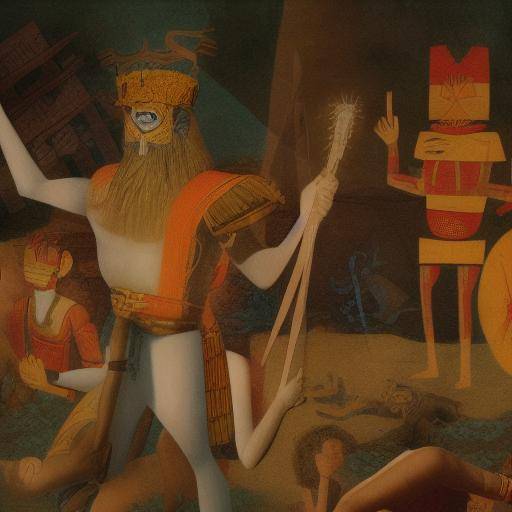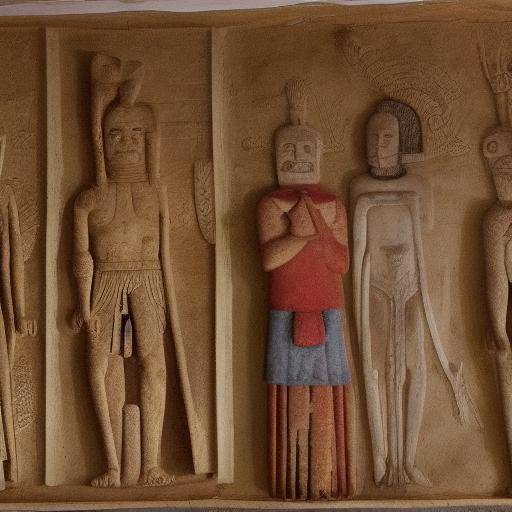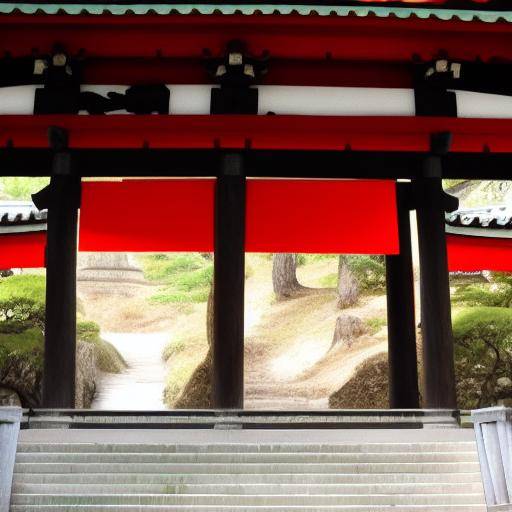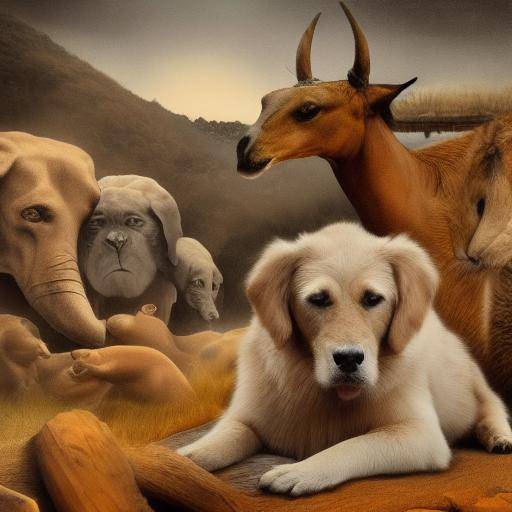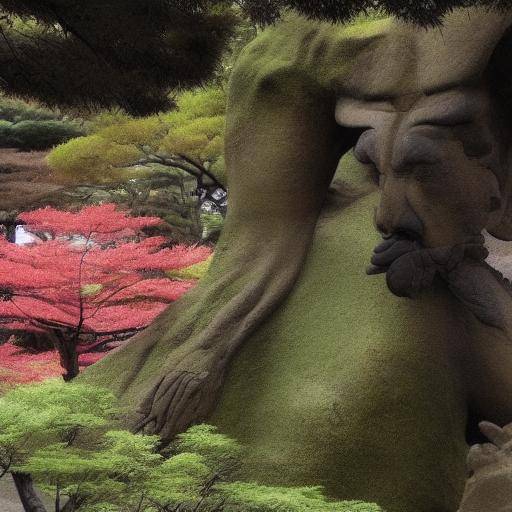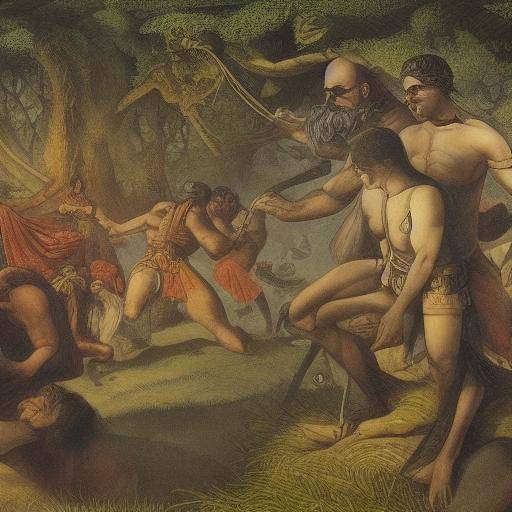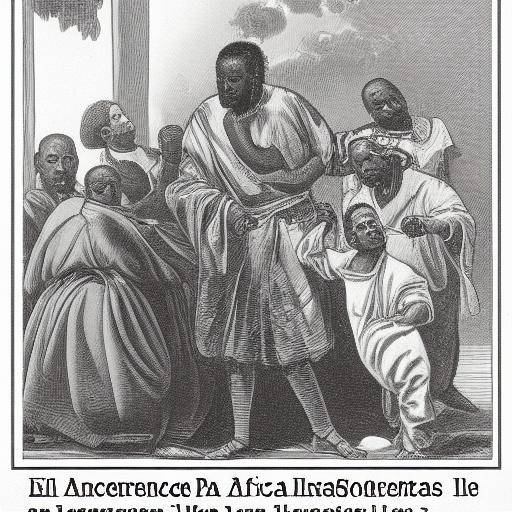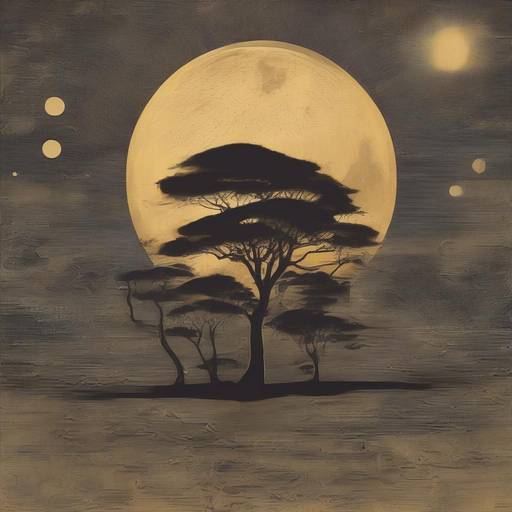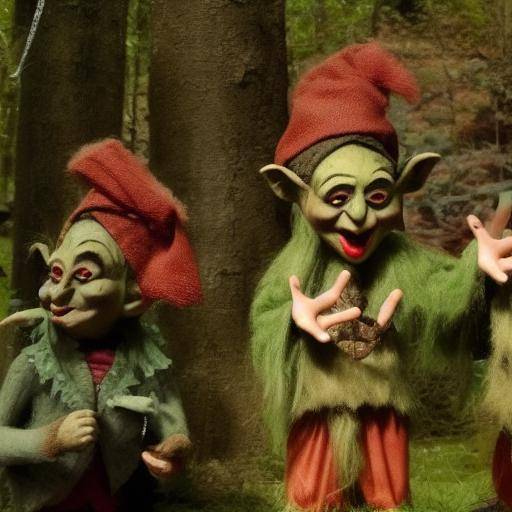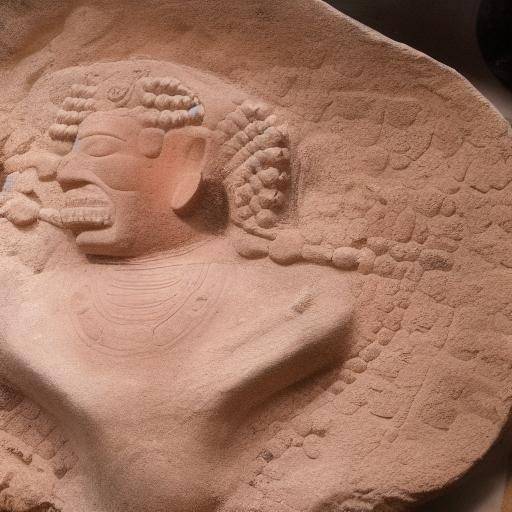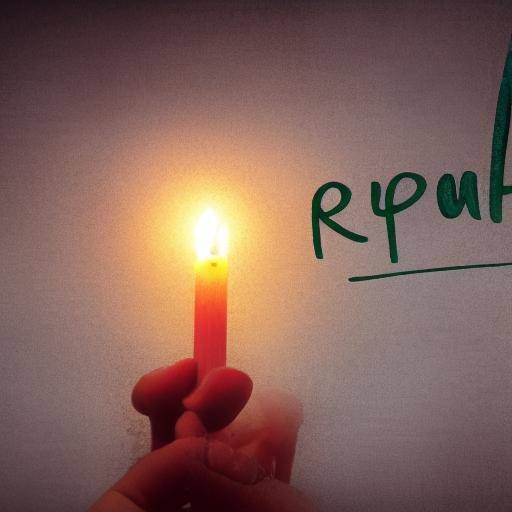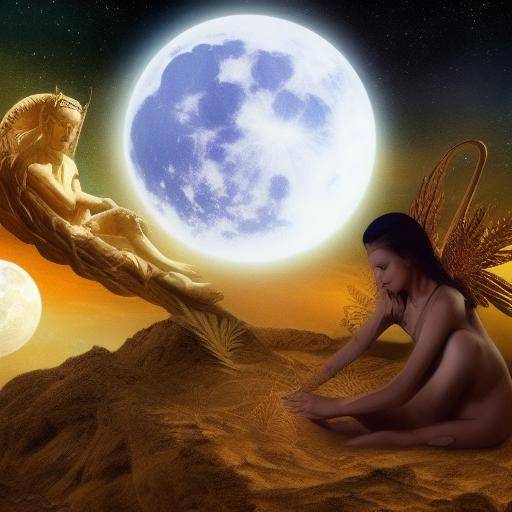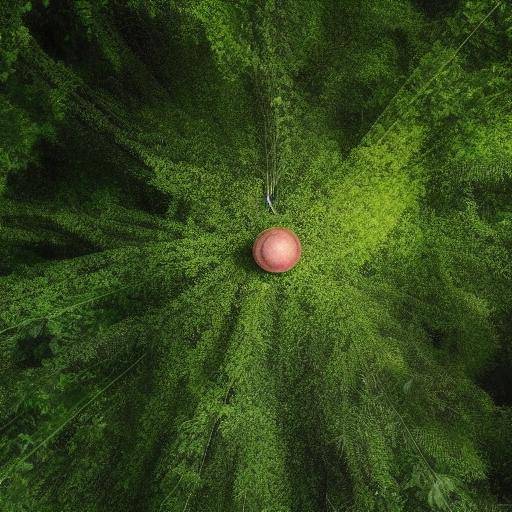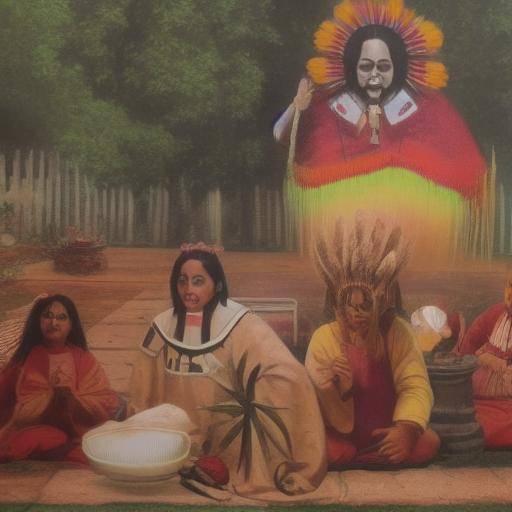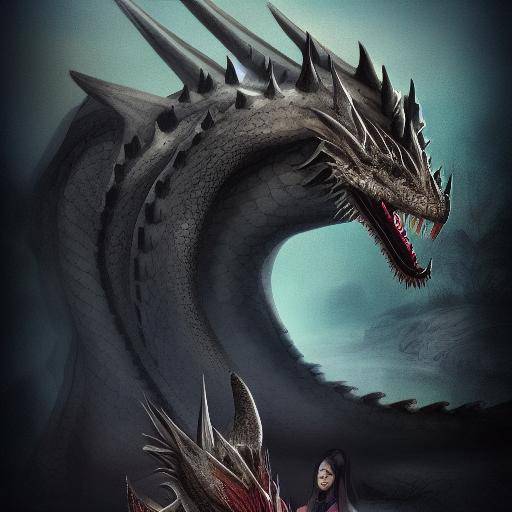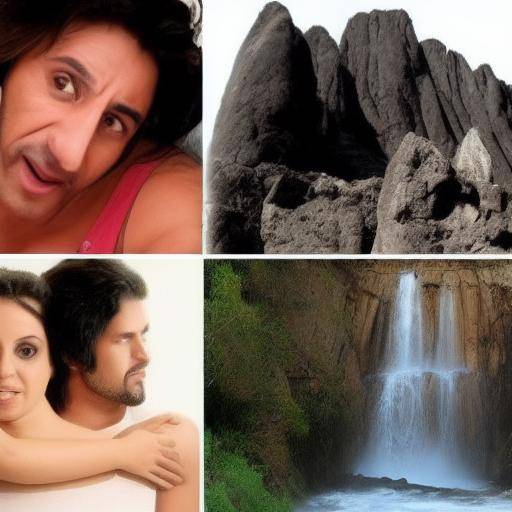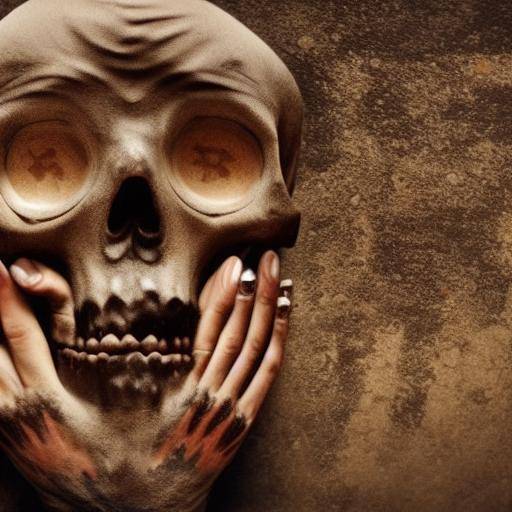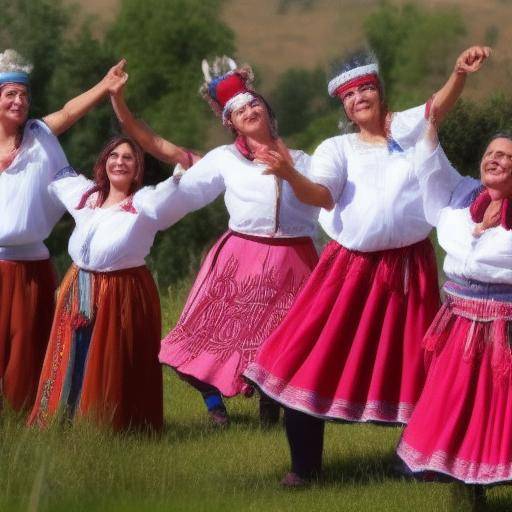
In the intersection of traditional medicine and European folklore, deep-rooted beliefs, ancestral healing practices and healing rituals that have endured over the centuries are interwoven. This article offers a tour of the rich amalgamation of knowledge and beliefs that have shaped traditional European medicine, exploring its historical evolution, its contemporary relevance and predictions for the future.
Introduction
The rich cultural upholstery of Europe has been woven with folklore threads, mythologies and traditions that have profoundly influenced the conceptualization and practice of traditional medicine. Since ancient times, European communities have resorted to herbal formulas, healing rituals and mystical practices in search of well-being and healing.
In this article, we will immerse ourselves in history, deep-rooted beliefs and innovative perspectives that define traditional European medicine, exploring how these practices have lasted over time and their impact on the health and well-being of people.
History and Background
Traditional European medicine has deep roots dating back to ancient times, with different traditions that emerged in different parts of the continent. From the chamanism of the Nordic peoples to the Celtic beliefs in healing through the plants, Europe has been a crucible of ancient knowledge that continues to resonate today.
Historical Evolution and Relevance
Throughout European history, traditional medicine has played a vital role in community health care. From the first healing practices of prehistoric tribes to the influence of ancient Greek and Roman civilizations, where medicine intertwined with mythology and beliefs in divinities related to healing, the legacy of traditional European medicine is vast and diverse.
Significant Milestones and Developments
The European Renaissance marked a period of revaluation of ancestral medical knowledge. Figures like Paracelso challenged predominant medical practices, advocating a holistic view of medicine that integrated popular knowledge and astrological influences.
Analysis in Deep
Traditional European medicine has resisted the passage of time and remains relevant today, providing alternatives to conventional medicine and promoting comprehensive approaches to health. From herbal infusions to ritual ceremonies, folkloric medicinal practices have attracted the attention of researchers who see in them a potential complement to modern medicine.
Comprehensive review
Contemporary applications of traditional European medicine range from greater integration into health systems to the value of ancestral traditions in their original context. As these practices evolve and adapt to current needs, discussions are generated around their effectiveness, safety and regulation.
Current Outlook and Developments
Traditional European medicine has gained recognition for its preventive approaches and its treatment of chronic diseases. The World Health Organization has advocated greater integration of these practices into health systems, recognizing their potential to address uncovered health care needs.
Best Practices and Case Studies
In various European communities, traditional medicine has demonstrated its effectiveness in the treatment of common ailments, promoting the resurgence of healing practices transmitted from generation to generation. Studies support the effectiveness of certain traditional therapies in pain relief, stress management and the promotion of emotional well-being.
Comparative analysis
In considering the intersection between traditional European medicine, folklore and rooted beliefs, we find a rich variety of traditions and practices that intertwine to offer a holistic view of health. The wisdom inherited from generation to generation is combined with mythical and symbolic narratives to create a health approach that transcends the purely physical.
Synergies and Differences
Traditional European medicine, folklore and rooted beliefs converge in their emphasis on the connection between the individual, nature and the universe. Healing rituals, herbal therapies and health-related myths reveal a profound understanding of the interdependence between human beings and their environment.
Practical Tips and Accessible Recommendations
In exploring traditional European medicine, folklore and deep-rooted beliefs, it is essential to understand how these practices can be complementary in health care. We then offer some practical recommendations for those interested in harnessing the potential of these traditions.
Incorporate Elements in Daily Life
The integration of elements of folklore and traditional European medicine in everyday life can bring health benefits. From including medicinal herbs in the diet to traditional healing rituals, many of these practices have a symbolic and therapeutic value that can enrich personal well-being.
Consultation with Specialized Professionals
Although traditional European medicine practices and entrenched beliefs can be beneficial, it is essential to seek advice from specialized professionals. Finding the accompaniment of therapists, herbalists and practitioners of traditional medicine can provide an expert guide in the safe and effective application of these practices.
Perspectives and Opinions of Experts in the Industry
Experts in the field of traditional European medicine and folklore provide an informed look at current and future trends in integrating these practices into health care. Its perspectives offer a profound insight into the benefits, challenges and potentialities of these traditions in the contemporary context.
Predictions and Trend Analysis
Experts in traditional European medicine highlight a renewed interest in ancestral healing practices as a more comprehensive and personalized approach to health is sought. Increased recognition of these traditions by health systems, as well as increased demand by those seeking natural and culturally entrenched alternatives, is envisaged.
Case Studies and Practical Applications
Success case studies offer a real look at the effective application of traditional European medicine and beliefs rooted in people's lives. Through these concrete experiences, the positive impact that these practices can have on health, well-being and quality of life is evident.
Learning and Reflections
Success cases demonstrate the effectiveness of traditional therapies in the relief of various conditions, as well as their potential to promote health at a deeper level. These experiences inspire reflections on the importance of preserving and promoting these practices for the benefit of future generations.
Future Trends and Predictions
The future panorama of European traditional medicine, folklore and rooted beliefs points to a renewed recognition of the integrity and effectiveness of these practices, as well as their strategic integration into modern health systems. Emerging trends promise greater intercultural dialogue and renewed appreciation of ancestral wisdom in the field of health and well-being.
Conclusions and FAQs
The fascinating interlacing between traditional European medicine, folklore and deep-rooted beliefs reveals a vast treasure of wisdom and ancestral traditions that continue to enrich the way we conceived health and well-being. As we move forward, it is crucial to honor and preserve these traditions, recognizing their potential to offer a more integrated and holistic approach to health care.
On this journey through traditional European medicine, folklore and rooted beliefs, we have explored the ancestral heritage that continues to resonate today. From ancestral healing practices to innovative contemporary perspectives, these traditions offer a valuable legacy of wisdom that deserves to be celebrated and valued in the modern context of medical care.
Frequently asked questions
1. What are some of the most common therapies in traditional European medicine?
The most common therapies include phytotherapy, aromatherapy, reflexology, body manipulation therapy and different forms of energy therapies.
2. What is the historical basis of European folklore in traditional medicine?
European folklore has influenced traditional medicine through oral transmission of healing knowledge and practices, as well as through myths and legends related to healing.
3. Is there scientific evidence to support the effectiveness of traditional European medicine?
Yes, there are scientific studies that support the effectiveness of certain practices of traditional European medicine, especially in the treatment of common ailments and the promotion of well-being.
4. How can I integrate elements of folklore and traditional European medicine into my daily life safely?
It is advisable to seek advice from professionals specialized in traditional European medicine to obtain guidance on the safe and effective use of these practices in daily life.
5. What is the role of beliefs rooted in traditional European medicine?
Ingrained beliefs play a fundamental role in traditional European medicine, providing a symbolic and spiritual framework that complements the most physical approaches to health and healing.
6. What future trends are glimpsed in the context of traditional European medicine and folklore?
Increased recognition and appreciation of these traditions is envisaged in the context of global health, as well as a growing interest on the part of people seeking natural and culturally entrenched alternatives for health care.
In conclusion, traditional European medicine, folklore and deep-rooted beliefs form a complex network of knowledge and traditions that deserves to be explored and appreciated. Its ability to offer a holistic view of health, integrating knowledge inherited from generation to generation, promises to continue to enrich the contemporary health care landscape and offer valuable insights to health care and well-being.
In a spirit of curiosity and respect for these traditions, we can embark on a fascinating journey through the deep roots of European traditional medicine and folklore, discovering in them a valuable legacy that transcends eras and borders.

